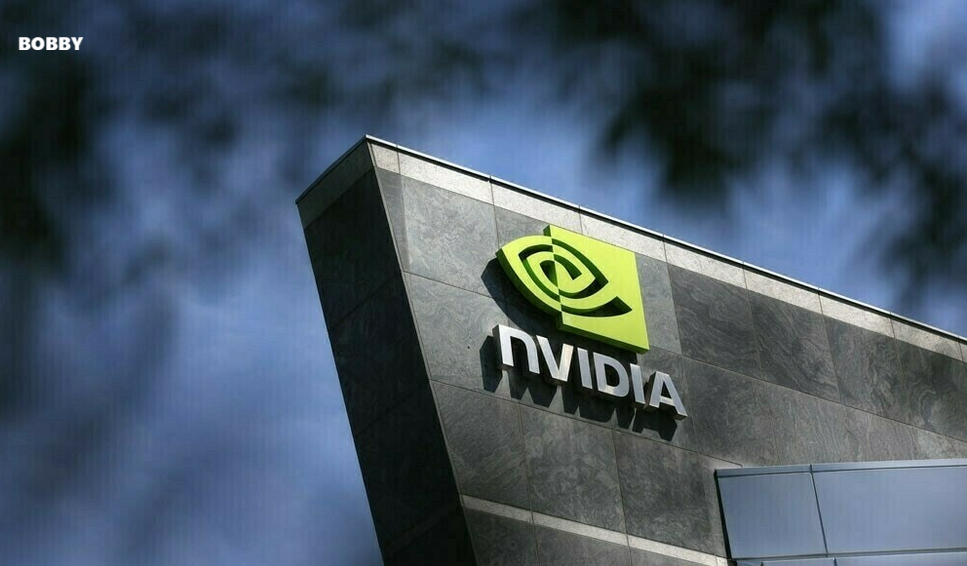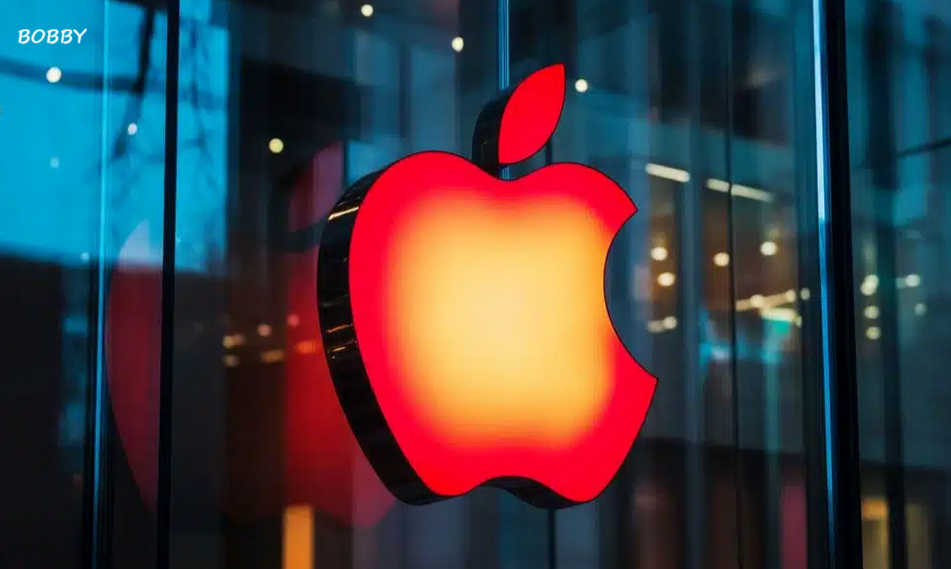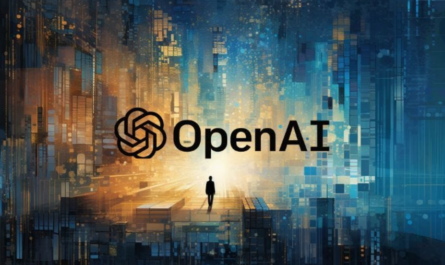In a quiet neighborhood of South Jakarta, hidden between a private school and a row of luxury apartments, stands a new, windowless building. Inside hums one of the most advanced data centers in Southeast Asia, filled with 2,300 of Nvidia’s latest AI chips. Officially, this facility belongs to an Indonesian telecom project, but in reality, the computing power fuels artificial intelligence models for a Shanghai-based startup.
The story behind how these chips arrived in Jakarta reveals a complex chain stretching from California to Shanghai, moving through legal grey zones that highlight the growing tension between Washington’s technology restrictions and global demand for AI computing power.
A Supply Chain Built Around Export Limits
Since 2022, the U.S. government has imposed strict limits on exporting high-end AI chips to China, citing national security concerns. The fear is that advanced semiconductors could strengthen China’s military capabilities or surveillance systems.
Former President Donald Trump reinforced these rules, ensuring that Nvidia’s most powerful AI chips stay out of China’s direct reach. Yet, Nvidia remains the undisputed global leader in AI hardware. The company wants its processors to power as much of the world’s innovation as possible—without violating U.S. law.
To achieve that, Nvidia relies on partners who assemble and sell computing systems. One of those partners is Aivres, a Silicon Valley–based firm that builds AI servers using Nvidia technology. Aivres’ parent company is partly owned by Inspur, a Chinese tech giant blacklisted by the U.S. for its work in military supercomputing.
Nvidia cannot sell chips directly to Inspur or its affiliates. However, U.S.-based subsidiaries like Aivres are not covered by the same restrictions. This loophole allows Aivres to remain a legitimate Nvidia partner—and even co-sponsor major corporate events alongside the chipmaker.
From California’s Factories to Jakarta’s Data Racks
In mid-2024, Aivres began discussions with Indosat Ooredoo Hutchison, Indonesia’s leading telecom company, which was expanding into cloud computing and AI infrastructure. The two companies struck a deal worth roughly $100 million.
Indosat agreed to purchase 32 high-performance server racks powered by Nvidia’s GB200 systems—each containing 72 of the new Blackwell AI chips. Altogether, that amounts to about 2,300 processors installed in the Jakarta data center.
While the setup is small compared with the massive clusters used by tech giants like Google or OpenAI, it represents serious computing power for Southeast Asia, enough to handle advanced AI model training and data analytics.
Indosat, a joint venture between Qatar’s Ooredoo Group and Hong Kong’s CK Hutchison, only finalized the deal after securing a guaranteed client. That customer wasn’t in Indonesia—it was in Shanghai.
Shanghai’s INF Tech: Renting AI Power, Not Buying Hardware
The customer behind the project is INF Tech, a Shanghai startup founded in 2021 by Qi Yuan, a Chinese-born American with a PhD from MIT and early experience at Alibaba. The company develops AI solutions for finance and healthcare and has been looking to expand across Southeast Asia.
Through Aivres, INF Tech made an agreement with Indosat to rent computing power from the Jakarta facility. The startup does not own or touch the physical chips—it simply pays for access to the servers through the cloud. Data is sent from Shanghai to Jakarta, processed on Nvidia’s advanced hardware, and the results are returned to China digitally.
INF Tech emphasizes that it complies fully with U.S. export rules and that it does no work related to military or defense applications. Indosat confirms that INF has no physical access to the data center. The facility also serves local clients in Indonesia and the broader Southeast Asian region, providing computing resources for AI-driven businesses and research institutions.
The Legal Grey Zone
Trade lawyers say the arrangement is technically legal under current U.S. policy. The Nvidia chips are installed in Indonesia—a country not subject to strict export restrictions—and there is no evidence they are being used for military or intelligence work.
Because INF Tech pays for cloud computing services rather than the chips themselves, it does not violate export laws. However, some national security experts disagree, warning that deals like this may undermine the spirit of U.S. trade controls.
They point to China’s civil-military fusion strategy, which encourages private companies to share technological advances with the state. Even if INF Tech’s work is purely commercial, experts fear that knowledge gained from such projects could eventually support the People’s Liberation Army (PLA).
Policy Debates and Industry Reactions
In the final months of the Biden administration, officials proposed tightening regulations to give Washington more oversight of chip exports to countries like Indonesia, Malaysia, and Vietnam. The goal was to identify who actually uses the technology after it leaves U.S. shores.
However, the Trump administration later chose not to enforce that rule, effectively leaving companies like Nvidia, Aivres, and Indosat to handle compliance on their own.
Nvidia maintains that it thoroughly vets all partners and clients through its compliance programs. The company insists it supports the U.S. government’s goal of maintaining AI leadership while ensuring that innovation and jobs stay in America.
Critics argue that without clearer global regulations, powerful chips will continue to reach Chinese companies indirectly through cloud service rentals and offshore data centers—blurring the line between legal business and regulatory evasion.
AI Power as the New Geopolitical Frontier
For Indosat, the Jakarta data center represents a strategic investment in the future of Indonesia’s digital economy. The telecom operator sees artificial intelligence and cloud computing as the next engines of growth beyond traditional mobile and internet services.
For INF Tech, the partnership offers an opportunity to train AI models on world-class hardware without breaking international trade laws. It allows the company to grow across Southeast Asia while maintaining its technological edge.
For Washington and Beijing, however, this case is yet another front in a much larger struggle—one centered not just on who develops the best algorithms, but who controls the computing power that drives the next generation of global innovation.
As AI becomes central to economic and military competitiveness, countries are racing to secure access to the most advanced chips. Yet, as this Jakarta project shows, technology flows through complex, borderless networks, often outpacing the rules meant to control it.
A Glimpse Into the Future
The Jakarta data center may seem like a small operation, but it reflects a much bigger reality: the globalization of AI infrastructure. While Washington attempts to keep advanced hardware out of China, companies continue to find legal pathways to collaborate across borders.
As nations tighten export controls and corporations seek new markets, similar setups are likely to appear elsewhere in Asia and beyond. The question is no longer whether China can access U.S. AI technology—but how it will continue to do so within the rules.
In the end, this story is about more than chips or servers. It’s about how technology, trade, and power intersect in the 21st century—and how innovation always finds a way forward, even through the narrowest gaps in global regulation.




